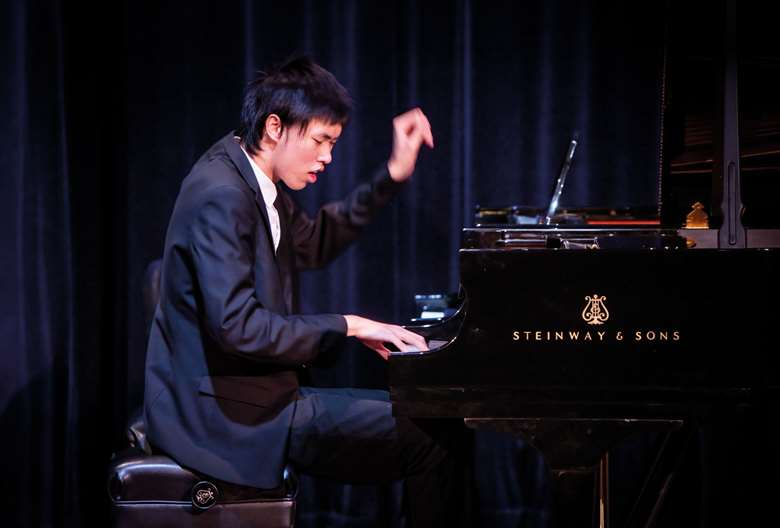Yang (Jack) Gao at Carnegie Hall, Weill Recital Hall, New York | Live Review
Jed Distler
Friday, March 8, 2024
It’s easy to hear why Gao wowed the Naumburg jury. The 20-year-old pianist never misses a note

Register now to continue reading
This article is from International Piano. Register today to enjoy our dedicated coverage of the piano world, including:
- Free access to 3 subscriber-only articles per month
- Unlimited access to International Piano's news pages
- Monthly newsletter










